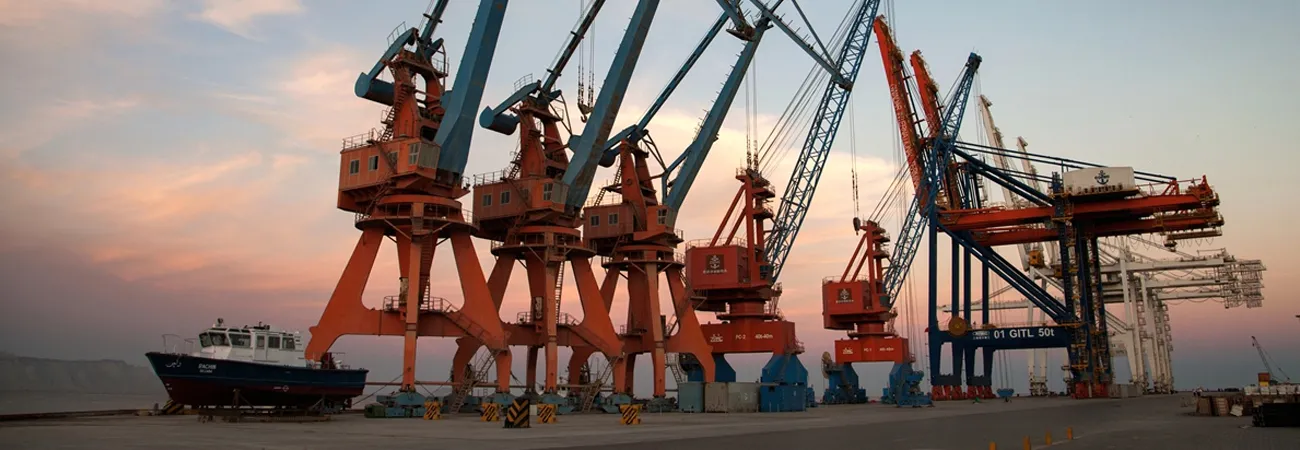i ECONOMY
With significant savings on sea freight costs, Pakistan offers a tremendous opportunity for global trade through Gwadar port, says an official of CPEC Authority. Currently, every country is trying to boost its economy by utilising short trade routes to minimise trade costs and conserve time. “Pakistan offers substantially better and lower sea freight rates. It provides access to trade routes to the Middle East, Africa, and the rest of the world. China has established a special economic zone in Kashgar, and its location is ideal for this typical economic route. With the completion of components of the western alignment of the Pakistan Economic Corridor (CPEC), this route will become the most economical for Central Asian countries,” said Liaquat Shah, Executive Director and Head of Policy Division, Trade and Industrial Cooperation at the Centre of Excellence for CPEC, while talking to WealthPK.
Central Asia, for the past three decades, has been inaccessible to most of the international community. Due to the region’s landlocked geography, it has held little sway in the global economy in the past. “Due to the ever-increasing importance of China in the international arena, the Gulf states are gradually gravitating towards Beijing. Since China is the net importer of oil, the Gulf states see Gwadar as an opportunity to export its precious resource to oil the Chinese manufacturing units,” Liaquat said. “Pakistan’s workforce is two times less expensive compared to China’s. This opens up more possibilities for the reallocation of China’s leading industries to Pakistan,” he pointed out.
According to the CPEC official, China has decided to move into a more sophisticated and high-tech-driven textile and apparel industry and engage in more value-added functions under its 2021-25 plan. “The potential for Pakistan to become an international trading hub through Gwadar port will depend on several factors, such as the development of infrastructure, political stability, and the ability to attract and retain foreign investment,” he said. Liaquat said Pakistan will need to make significant investment in its infrastructure to support the growth of the port and its related industries. This will include investment in transportation, communications, and energy infrastructure, as well as in human capital development.
“The country will also need to improve and address logistical challenges to ensure that the port is accessible and secure for foreign investors and traders,” Liaquat said. “It is important to work on Gwadar, to prioritise it, and to bring it into focus after it emerged as a potential hub for Europe and the Middle East,” he added.
Credit: Independent News Pakistan (INP)









